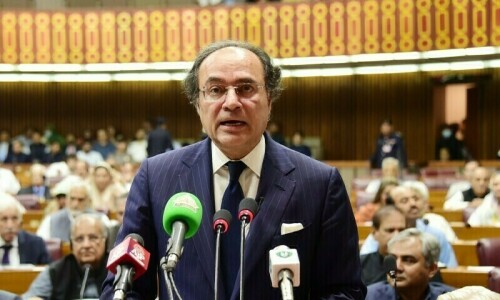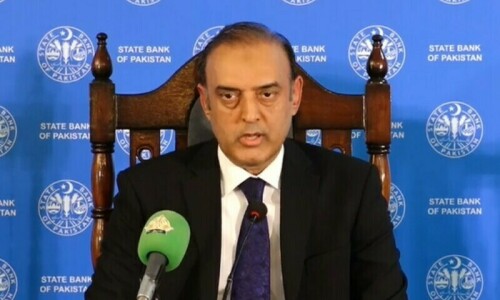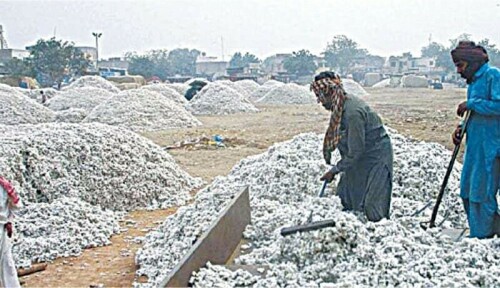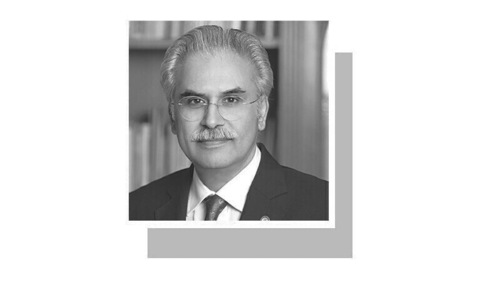
There is a very interesting paradox in the world of the theatre. The more specific and detailed you make a character — delving deep into the nuts and bolts of what makes him or her tick, exploring their wants and desires — the more likely the audience is to identify with the character.
Theatre is, after all, a search for truth. ‘The truth of the human condition,’ might sound like hifalutin words, yet it remains something we must seek, of what we as people, living in a certain time and place, believe and feel, and that will also make good theatre. This search for truth is something we have shied away from in theatre in Pakistan. We have explored the truth in a number of other forms, including in novels, stories and poetry in English and Urdu (and to an arguably lesser extent in the smaller languages), but never really in drama and theatre.
In the last sphere, we struggle to find our voice and come up with a number of excuses for this failure: drama is not a natural part of Muslim literature, we have no real history of theatre in our culture, the partition of the subcontinent robbed of us of all the real theatre artists, for example. Excuses all, for in 70 years, surely, we could have created a new tradition. Perhaps we did, for a while.
The decade of the 1970s was the first time that we saw an upsurge in the amount of theatrical activity in the country. The roots of this activity were to be found in the Western-educated elite that had, by staging adaptations of Western plays, trained a good number of young men and women of the new middle-class in the art of staging Western comedies. These people turned to creating their own versions of the Western plays and they discovered a new audience for their work. The audiences wanted to watch these plays because they could see themselves and their aspirations reflected in them. The emerging middle class saw their own desire for acceptance, their newly found power and wealth, reflected on stage by actors and writers from the same class.
The 1980s with the martial law of Ziaul Haq put an end to this nascent exploration of truth. And yet, despite all the restrictions and censorship, the audience for Punjabi commercial theatre kept growing. There was no plot, no dramatic structure or characterisation, yet the theatre was extremely appealing. Perhaps it was the satire, the wit and the immediate response to societal changes and challenges that were being presented in one-liners that provided a reflection to an emerging class. Theatre spoke people’s ‘truth’ and they flocked to see it. Unfortunately, though, it was a misogynistic truth that also mocked the earlier elite; apart from this, it was largely apolitical theatre, much like the politics of the audience.
The political theatre of the 1980s was a struggle against a dictatorship and therefore projected a certain type of truth. The plays were concerned with greater social truth and the greater social message, rather than exploring the personal struggles of the characters. The characters were often mouthpieces of certain ideologies and political positions. In retrospect, they seem not to have any identities of their own. In both scenarios, we see plays being created that present certain social realities that speak to their respective audiences without taking the dramatic conflict further than the obvious. Soon, audiences began to tire of the routine presentation; the stories dried up and interest waned. Commercial Punjabi theatre responded by becoming more and more risqué. Political theatre seeks social issues and explores the agenda for social change. Both do not bother to explore the truth of the people living in the here and now.
In absence of any training institution, aspiring young theatre artists learned only by watching the two forms, comedy theatre full of one-liners and innuendo with little characterisation and plot, and serious theatre full of well-meaning dialogue and social issues but little in the way of believable, well-rounded and unique characters. This has been a great disservice to theatre where we see comedy plays, social-issue plays, and serious plays, but no real drama. We continue to miss out on the miracle of the theatrical experience that transforms the doer and the watcher together through the action of the play. It is time now for a new movement in theatre.
It is time to write plays from the heart. It is time to write plays according to the adage ‘write about what you know.’ Only when we start telling our own stories — very personal stories where we are not afraid to bare our soul — will we start creating plays that everyone wants to see. The characters must be people we would want to meet and could meet, people we can sympathise and empathise with. It is this immediacy and truth that remains lacking from our theatre; thus we continue to watch empty plays with empty characters that mean little to us and offer us little insight into our lives. We walk out of the theatre without having experienced the joy of transformation that is the true theatrical experience.
One hopes that with the new interest in film, television and theatre there will be some young writers who will take the risk and offer us something unique, real and true. One also hopes that others will recognise the offering for what it is and will allow the truth of the art to flourish and grow.
Zain Ahmed teaches theatre at the National Academy of Performing Arts
Published in Dawn, ICON, March 5th, 2017













































Dear visitor, the comments section is undergoing an overhaul and will return soon.